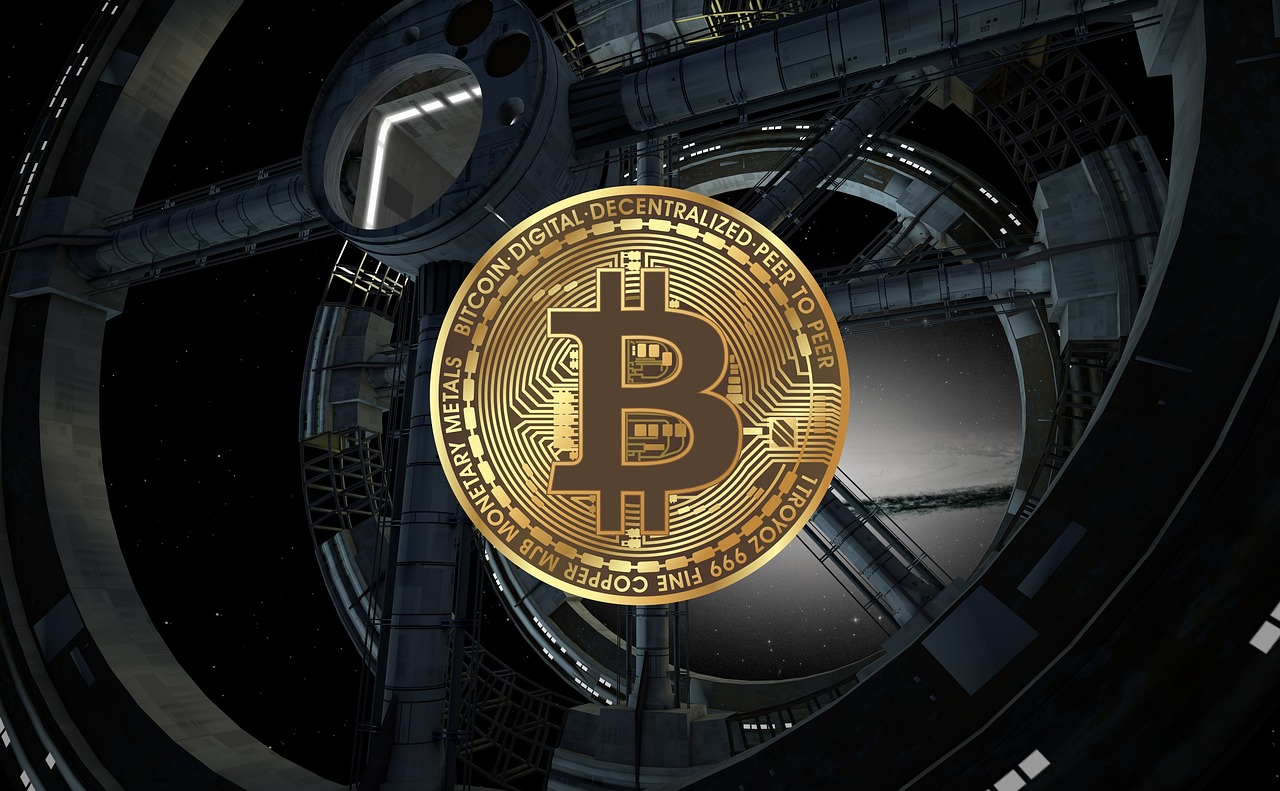Bitcoin Surge Fuels FOMO as Crypto Market Greed Index Hits High
29.09.2024 8:00 2 min. read Alexander Zdravkov
The Crypto Fear & Greed Index has hit its highest level since July, holding above 60 for two straight days.
On September 28, the index climbed to 64, indicating “Greed,” as Bitcoin briefly touched $66,000. The index, which measures emotions and market sentiment toward Bitcoin and the broader crypto market, operates on a scale from 0 to 100.
Back in August, the index spent much of the month in “Fear,” dropping to 17 on August 6 when Bitcoin traded around $53,000. The last time the index surpassed 64 was on July 30, when Bitcoin was also hovering around $66,000.
This index is determined by multiple factors, including Google search trends, market volatility, social media activity, market momentum, and dominance. It’s heavily weighted toward market volatility and momentum, each accounting for 25% of the score, while social media trends contribute 15%.
Markus Thielen, Head of Research at 10x Research, suggested in a recent report that Bitcoin’s recovery to over $65,000 could spark a fourth-quarter rally, driven by fear of missing out (FOMO). CoinMarketCap data also shows Bitcoin has gained over 11% in the past month, the largest jump since March.
Meanwhile, Capriole’s CEO Charles Edwards expects significant capital to shift from gold and stocks back into Bitcoin over the next six months, anticipating strong inflows. Asset manager VanEck has highlighted Bitcoin as the best-performing asset of 2024, with a 124% price increase over the last year, although recent market dips have left some investors cautious.
-
1
Bitcoin: What to Expect After Hitting a New All-time High
10.07.2025 14:00 2 min. read -
2
Peter Brandt Issues Cautious Bitcoin Warning Despite Bullish Positioning
10.07.2025 20:00 2 min. read -
3
Vanguard Now Owns 8% of Michael Saylor’s Strategy, Despite Calling BTC ‘Worthless’
15.07.2025 17:09 2 min. read -
4
Standard Chartered Becomes First Global Bank to Launch Bitcoin and Ethereum Spot Trading
15.07.2025 11:00 1 min. read -
5
Bitcoin Reaches New All-Time High Above $116,000
11.07.2025 7:56 1 min. read
Ethereum Spot ETFs Dwarf Bitcoin with $1.85B Inflows: Utility Season in Full Swing
Ethereum is rapidly emerging as the institutional favorite, with new ETF inflow data suggesting a seismic shift in investor focus away from Bitcoin.
Ethereum Flashes Golden Cross Against Bitcoin: Will History Repeat?
Ethereum (ETH) has just triggered a golden cross against Bitcoin (BTC)—a technical pattern that has historically preceded massive altcoin rallies.
Bitcoin Banana Chart Gains Traction as Peter Brandt Revisits Parabolic Trend
Veteran trader Peter Brandt has reignited discussion around Bitcoin’s long-term parabolic trajectory by sharing an updated version of what he now calls the “Bitcoin Banana.”
Global Money Flow Rising: Bitcoin Price Mirrors Every Move
Bitcoin is once again mirroring global liquidity trends—and that could have major implications in the days ahead.
-
1
Bitcoin: What to Expect After Hitting a New All-time High
10.07.2025 14:00 2 min. read -
2
Peter Brandt Issues Cautious Bitcoin Warning Despite Bullish Positioning
10.07.2025 20:00 2 min. read -
3
Vanguard Now Owns 8% of Michael Saylor’s Strategy, Despite Calling BTC ‘Worthless’
15.07.2025 17:09 2 min. read -
4
Standard Chartered Becomes First Global Bank to Launch Bitcoin and Ethereum Spot Trading
15.07.2025 11:00 1 min. read -
5
Bitcoin Reaches New All-Time High Above $116,000
11.07.2025 7:56 1 min. read


